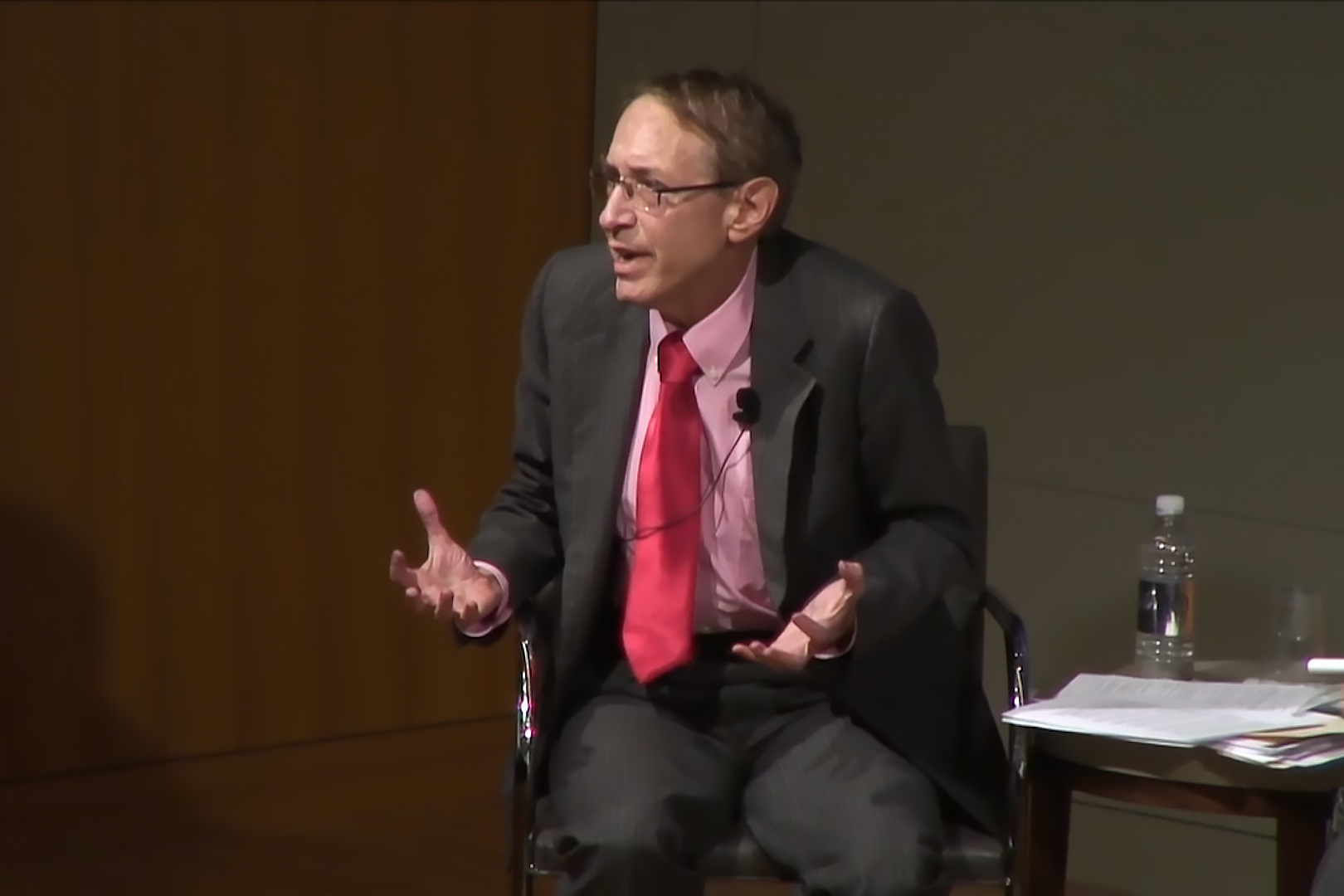Professor Steve Charnovitz participated in a discussion at a CATO Institute event about the debate over the North American Free Trade Agreement (NAFTA), which is being renegotiated by the United States, Canada, and Mexico. NAFTA, a cutting–edge trade deal in 1994, created one of the world's largest free trade zones. However, NAFTA has fallen out of favor, with President Trump threatening to walk away altogether if the renegotiations do not produce a better deal.
At the CATO event, Professor Charnovitz was asked to address how NAFTA became the "poster child" for everything that is wrong with trade agreements. Regarding those not in favor of NAFTA, Professor Charnovitz said, "there is a clear disconnect here, politically." He explained that NAFTA was "tremendously successful," but it is a deal that is "unpopular" among politicians and the public because of its "bad" distributional effects, which "have not been dealt with by our government" as well as problems of dislocation. Professor Charnovitz added that trade policy is all about "taking domestic policy and putting disciplines on it, so that the cost of your policy is not externalized on other countries." In that context, it would be "entirely appropriate" to have a requirement in a modernized NAFTA that all three countries have worker adjustment programs, as originally promised but not effectively delivered.


